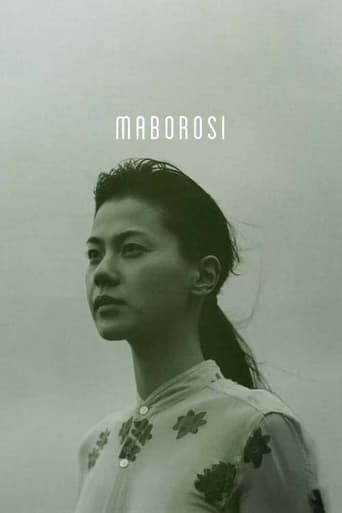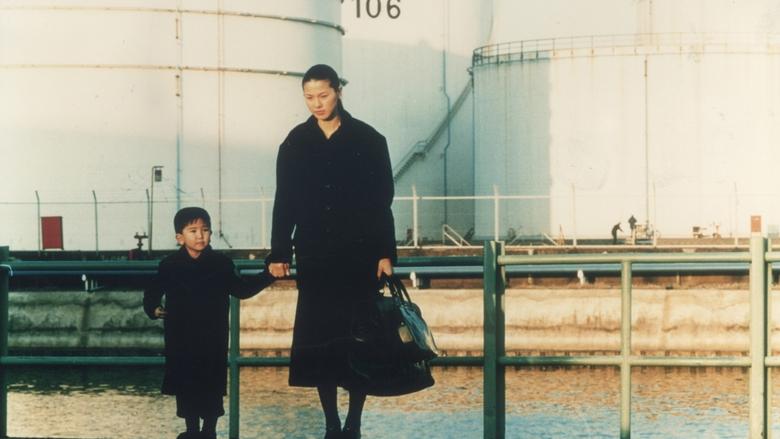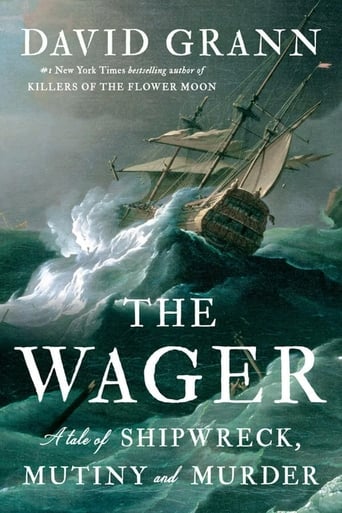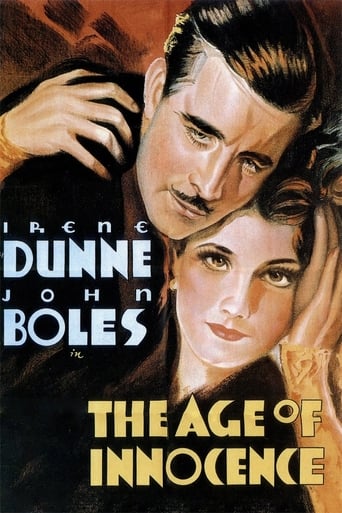Maborosi (1995)
A tragedy strikes a young woman's life without warning or reason. She continues living while searching for meaning in a lonely world.
Watch Trailer
Free Trial Channels
Cast


Similar titles
Reviews
It isn't all that great, actually. Really cheesy and very predicable of how certain scenes are gonna turn play out. However, I guess that's the charm of it all, because I would consider this one of my guilty pleasures.
an ambitious but ultimately ineffective debut endeavor.
It is both painfully honest and laugh-out-loud funny at the same time.
Close shines in drama with strong language, adult themes.
MABOROSI, which means "phantasmic light", is Japanese cinema gradualist Hirokazu Koreeda's feature debut, a minutely restrained drama charting the aftermath of abrupt bereavement. At first glance (and with some acquired taste), Ozu's influences writ large in the picture, from inanimate pillow shots, natural light (or no ancillary light at least) setting, to its medium-shot, static camera angle, perpetually at a remove, but often lingering longer than usual, with the story's dramatis personae, and Koreeda goes ever further, defiantly ghettoizes our protagonist Yumiko (former volleyball player Makiko Esumi's screen debut) in taciturnity, while the narrative languidly ambles around a nearly ritualistic, quotidian quietness. In the preamble, Yumiko's grandmother decides to die in her hometown and leaves by foot, never being found again, Yumiko is guilt-ridden because she didn't stop her, and it actualizes as a recurring dream following her into adulthood, contentedly married with Ikuo (Asano), they have just welcomed an infant boy into this world, supposedly it should be a new chapter in their placid but convivial life, yet as augured by an earlier scene where Yumiko meets Ikuo for the first time on the night of her grandmother going missing, Yumiko comes for in another unanticipated bereavement when Ikuo commits an apparently unpremeditated suicide, leaving no explanation behind, which vehemently shatters Yumiko to the core, yet pertaining to Oriental philosophy and decorum, grief and perplexity are seething all too quietly under her outwardly collected mien. Koreeda circumspectly rams home that it is an inward process, time might heal her, or not. A few years later, when the bicycle Ikuo stole and rode is covered with verdigris, it is the time when Yumiko marries into a new family with her son Yuichi (Kashiyama), transferring themselves to a sleepy coastal village, Yumiko's new hubby Tamio (Naitô), a widower with a young daughter (there is kindred spirit one can bank on) welcomes them to the household and domestic bliss restarts in a routine orbit with formality/intimacy (the latter is contingent on seasons) and bucolic/seaside idyll, all in an unperturbed pace under the adornment of Taiwanese composer Chen Ming-chang's lyrical, dirgeful incidental music. Only a return visit to attend her brother's wedding insidiously compounds Yumiko's discomfiture, she cannot find a closure to let go of the past. In view of that Japanese is a people who has a perverse propensity of mythologizing suicide, Koreeda's answer to Yumiko's ingrown quest (culminating in a stunning sequence when she follows a cortège near the mudflat, and betrayed by the film's title) predictably partakes of a numinous slant through Tamio's mouth, and, to a certain degree, it leans to an arbitrary placebo aiming for a sigh of resignation in face of the unknown, one wonder whether Yumiko can come to terms with it, as cool as a cucumber she is, Esumi's performance often belies a trace of self-imposed effort. Alas, to all intents and purposes, Koreeda's maiden work is a laconic but poetic essay, a tasteful if none-too-absorbing artifact, but mostly confidently, a resolute harbinger of a promise that the best is yet to come, which in retrospect, is indubitable.
Maborosi reminds me of the blue light in The Great Gatsby. They share the same elegiac connotation, same amour fou acts, but each are depicted in different ways. Needless to say, both are visually stunning and thought-provoking. As tender as the sea in cinematography and processing images, and as powerful as the sea in the reverberation it leaves.In Maborosi, the flashbacks of a previous honey-like marriage life will haunt you to the end of the film. They would blob up in your head at every scene, force you to find the protagonist's new life not so credible. But you can't help but feel genuinely happy for her.The plot may seem to be a straightforward no-brainer, yet, as Roger Ebert has put it perfectly, "Maborosi" is not going to insult us with a simple-minded plot. It is not a soap opera. Sometimes life presents us with large, painful, unanswerable questions, and we cannot simply "get over them."This is a must-see film, though not so much about loneliness as it is about a haunting never-to-be-answered question, a distant but torturing question. A life-long question that everyone once had, or is having, or will have. If some day you have found that question, watch Maborosi again.
The story is told with a large economy of words, of actions, of images: it is a supremely ascetic film. The people are always in the distance, the images always in the dark. The only images that are clear are the scenes remembered by the protagonist: the woman that lost her first spouse.It is a very radical cinematographic approach. I would say that it cannot be more radical than that. It is the movie from the mind of the protagonist.But if you have the guts to follow this ascetic movie you'll be generously rewarded. Because it is actually an exquisite artwork. Yes, many images are left in obscurity: it is actually a great play of light and obscure. As for the images that have meaning for the protagonist, the camera is in such moments like caressing the whole: the scenery becomes then pure visual choreography.
If we capture Osama Bin Laden, where making him watch this movie for as long as he lives. All the joy in life he'll have is hearing the tape rewind. Watching paint dry is more fun. Id rather watch the hairs on my legs grow then watch this movie, because there is actually a little excitement in that. Oh my god, i almost died watching this movie. My breath was getting shorter because my brain was frying in my head. I couldn't escape, the clasp of this movie was too strong. It pierced my eyes like a thousand scorpions. This is THE WORST MOVIE ever made, ever. I would rather watch the world tournament of quiet game then watch this movie. This movie was so depressing, i saw people about to slit their wrists halfway through. The music made you want to barf, because all it was was sad, depressing demented music that made you want to jump out the 10th floor window.














